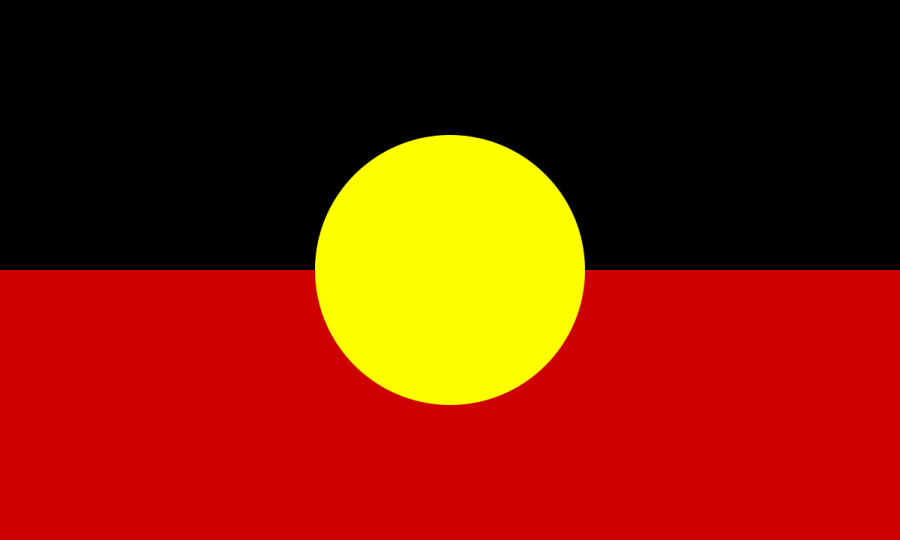The Aboriginal Struggle for Cultural Survival. Excerpts from final essay by Luis Rego, CRLS
Upon arrival of the British in Australia in the late 1700's, they claimed about half the continent as a new colony. It was supposedly vacant land, terra nullius as they called it, which illustrates the utter disregard of Australia's British colonizers for indigenous Aborigines. Aborigines were declared wards of the state and their human rights were completely ignored for almost 200 years.
In 1975 the Racial Discrimination Act was passed in accordance with Article 17 of the United Nation's Universal Declaration of Human Rights: "Everyone has the right to own property...and no one shall be arbitrarily deprived of his property." In 1993, soon after the terra nullius policy was declared unjust by Australia's High Court, the Native Title Act set processes for claiming native title, compensating Aborigine communities for past injustices not covered under the Native Title Act, and also "validating past government acts which would otherwise be illegal and providing Aborigines with the right to negotiate with the miners of pastoralists who develop their land..." In order to be granted native title, "aboriginal groups with interests in traditional land must prove their connection to the lands through a series of rigorous tests, including proving their use of the land, that as a community they have maintained their laws and customs, and biological descent of current community members to those who inhabited the land prior to arbitrary dates such as 1788." To a disadvantaged minority group with an oral, as opposed to written culture such as Aborigines, these already difficult tasks of providing documentation to prove what is required becomes even more challenging and near-impossible.
Although the Native title Act was a landmark victory for the Aborigines, there is a huge amount of work left to be done before sacred lands are returned to their proper Aborigine communities and traditional Aborigine religious life is secured for future generations.
Article copyright Cultural Survival, Inc.

